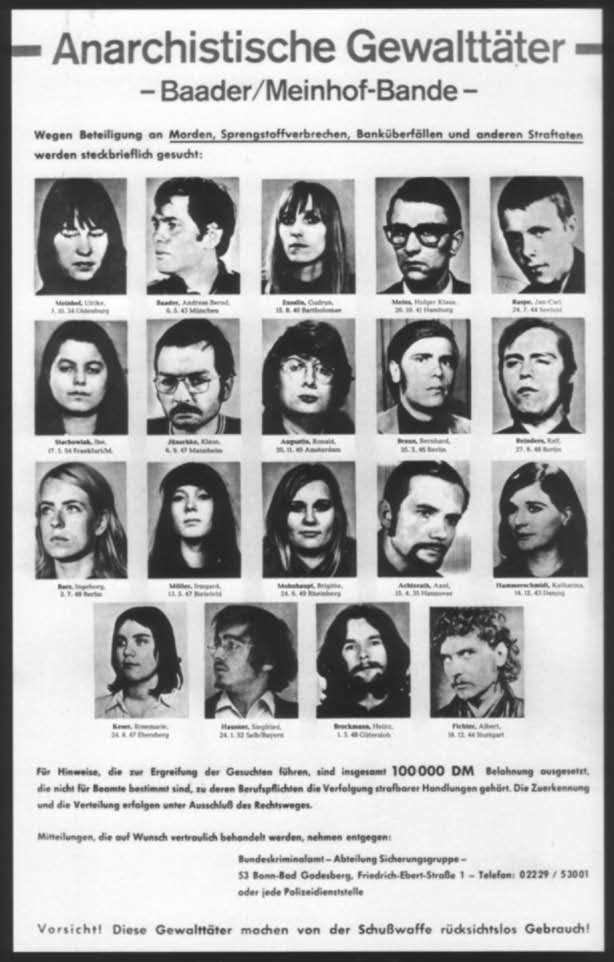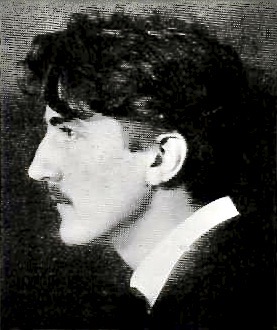
We think we have the measure of Stirner’s egoism: it is too tempting to dismiss it as a provocation whose political upshot is either reactionary libertarianism or infantile anarchism. Whether anarchist or libertarian in temper, Stirner’s egoism is assumed to be inimical to Marx’s communism. Jacob Blumenfeld’s dazzling reconstruction of Stirner’s philosophy overthrows this received wisdom. Blumenfeld does not just interpret Stirner’s thought; he appropriates it, thereby exemplifying its most radical injunction. In Blumenfeld’s memorable formulation, Stirner’s egoism is communism seen from the first person singular perspective. But the perspective of the singular is precisely what nullifies the bourgeois subject. Far from sanctifying the individual, Stirner seeks to unleash the nihilating power of the unique beyond the ego. This annihilating power follows from the unique’s productive consumption of every property, including itself. The point is not to replace the sovereignty of the state with that of the individual but to bring about a union of singularities capable of annulling “the thing-like quality of the world”, together with the phantoms of self, society, state, and God. Blumenfeld’s Stirner is the precursor of contemporary insurrectionists and secessionists, but one who refuses to subordinate insurrection to community or secession to identity. The result is an anarchist who subverts the elevation of groundlessness into another law and a separatist who destroys the ontological grounds of separation. What is generated through the union of the uncommon is communism as what Marx called the “fraternization of impossibilities.” – Ray Brassier, author of Nihil Unbound
Max Stirner is the bad boy, the black sheep of post-Hegelian philosophy. Often derided and dismissed, his philosophy of ‘egoism’ and his powerful critique of the ‘spooks’ of modernity have continued to resonate with those who are at odds with the world around them. In this brilliant book, Blumenfeld discovers that the ghosts of Stirner are alive and well, and that his message of nothingness and indifference speaks particularly to us today, living as we do at the end of history. Yet, as this book shows, rather than being the nihilist he is often characterised as, Stirner guides us along the path of a new ethical and political sensibility based on singularity rather than identity – something urgently needed today. Blumenfeld’s original and heretical reading shows Stirner’s undoubted contemporary relevance. – Saul Newman, Goldsmiths University
Max Stirner has been presented in many ways, but never as a punk rock philosopher. This is a refreshing take on a highly controversial thinker. – Gabriel Kuhn, author of Anarchismus und Revolution
Stirner argued that thoughts can and should be violently appropriated and made our own, if they are to be of any use. This is what Jacob Blumenfeld does in this book: provide an interpretation of Stirner’s philosophy that can make it truly our own. In doing so, not only does he illuminate neglected aspects of Stirner’s philosophy, but, most importantly, make it breath and palpitate for our times. – Chiara Bottici, New School for Social Research
(order from: amazon / uk / indiebound)

















